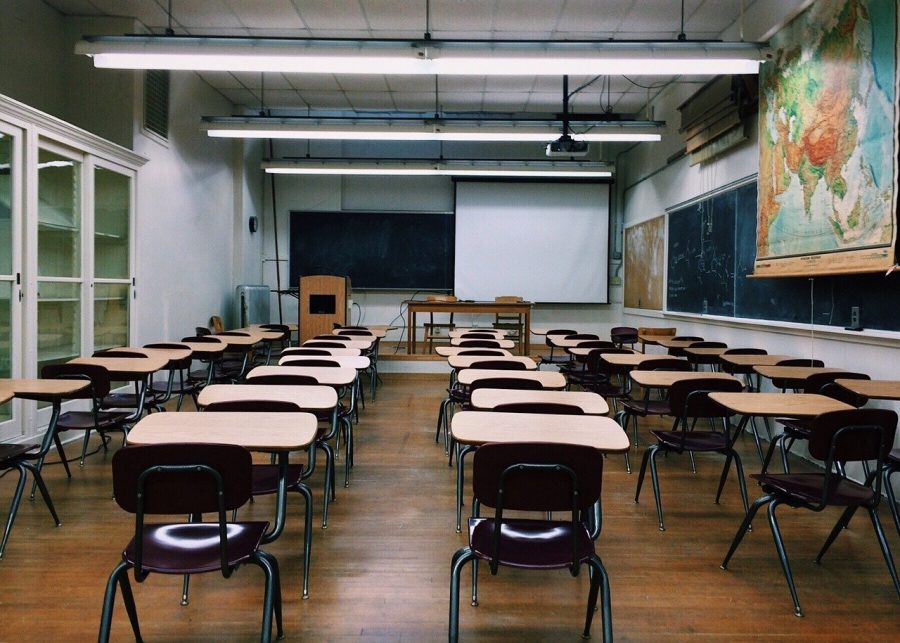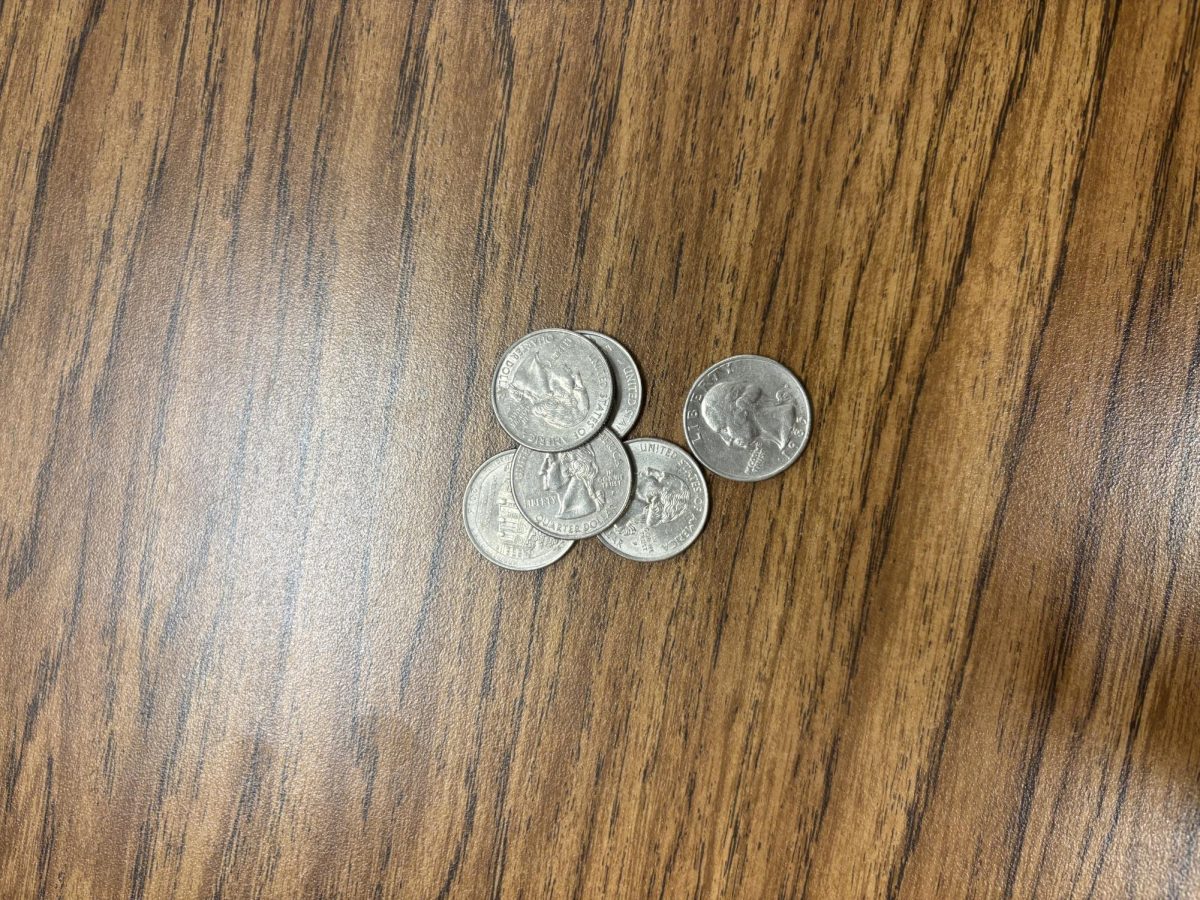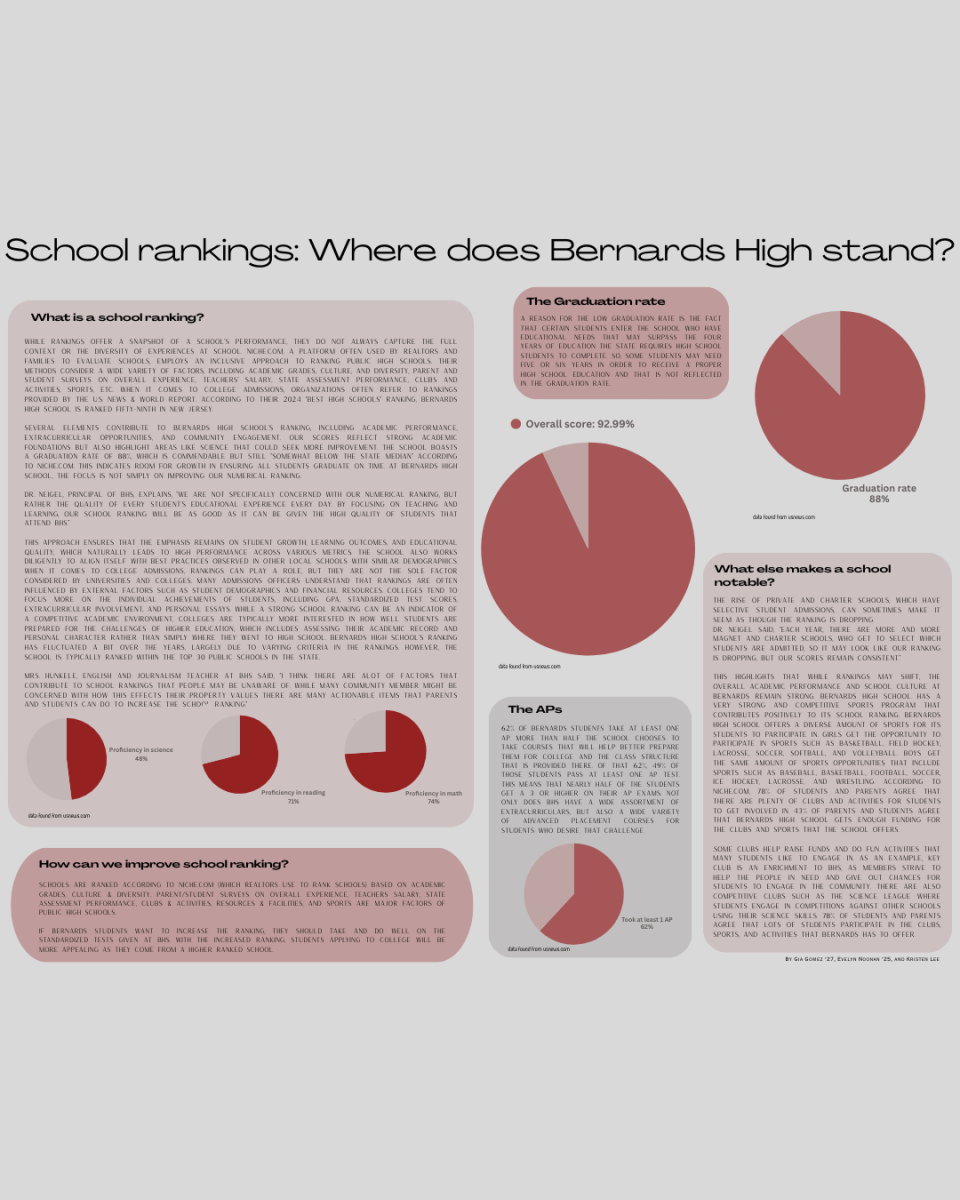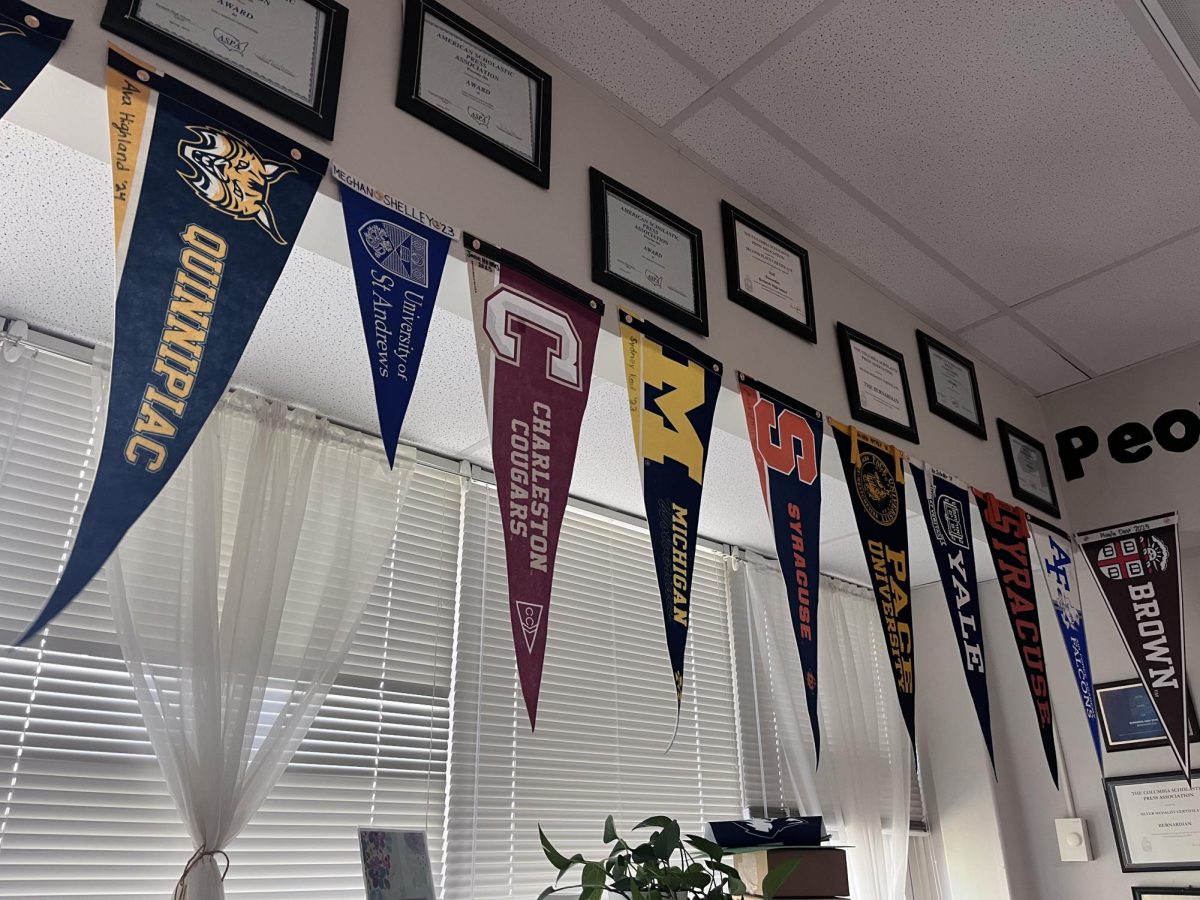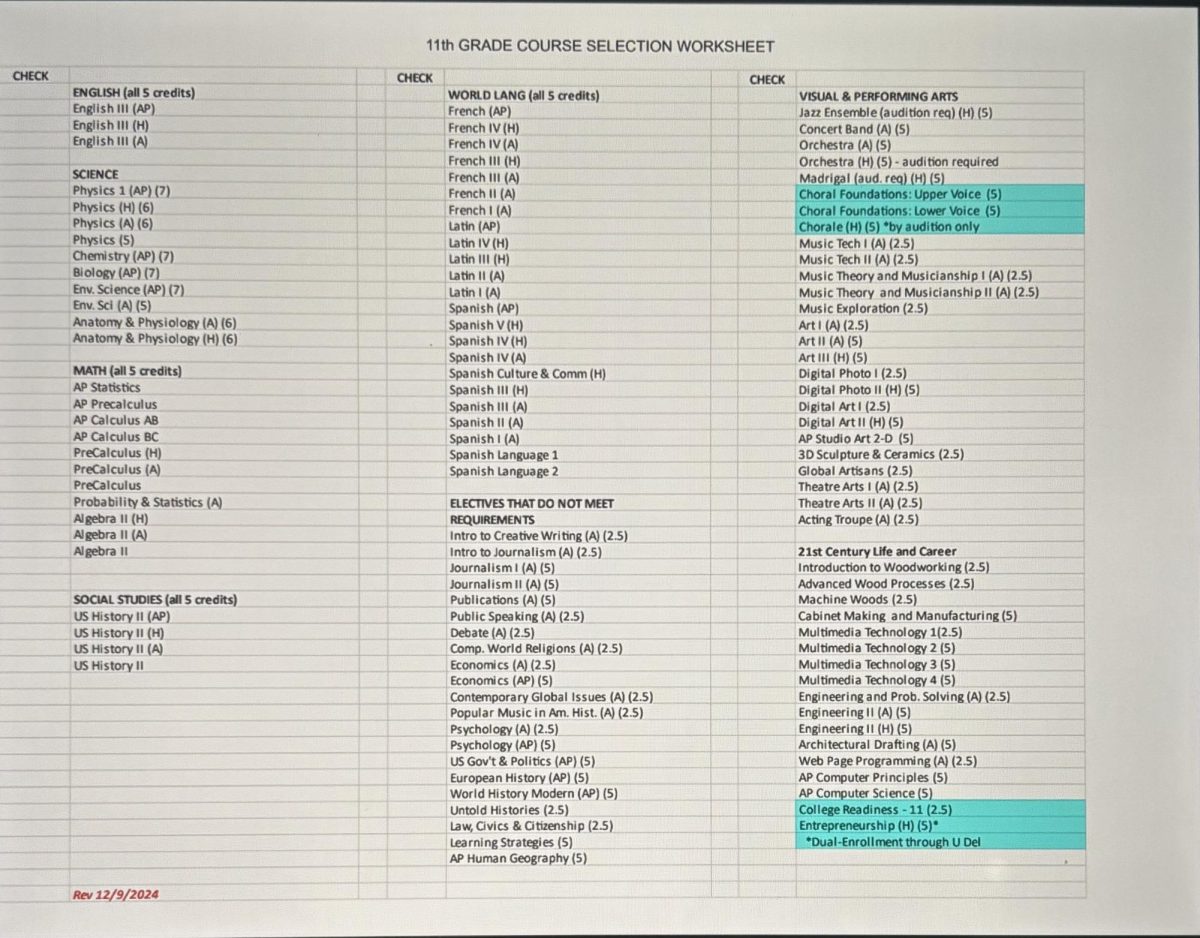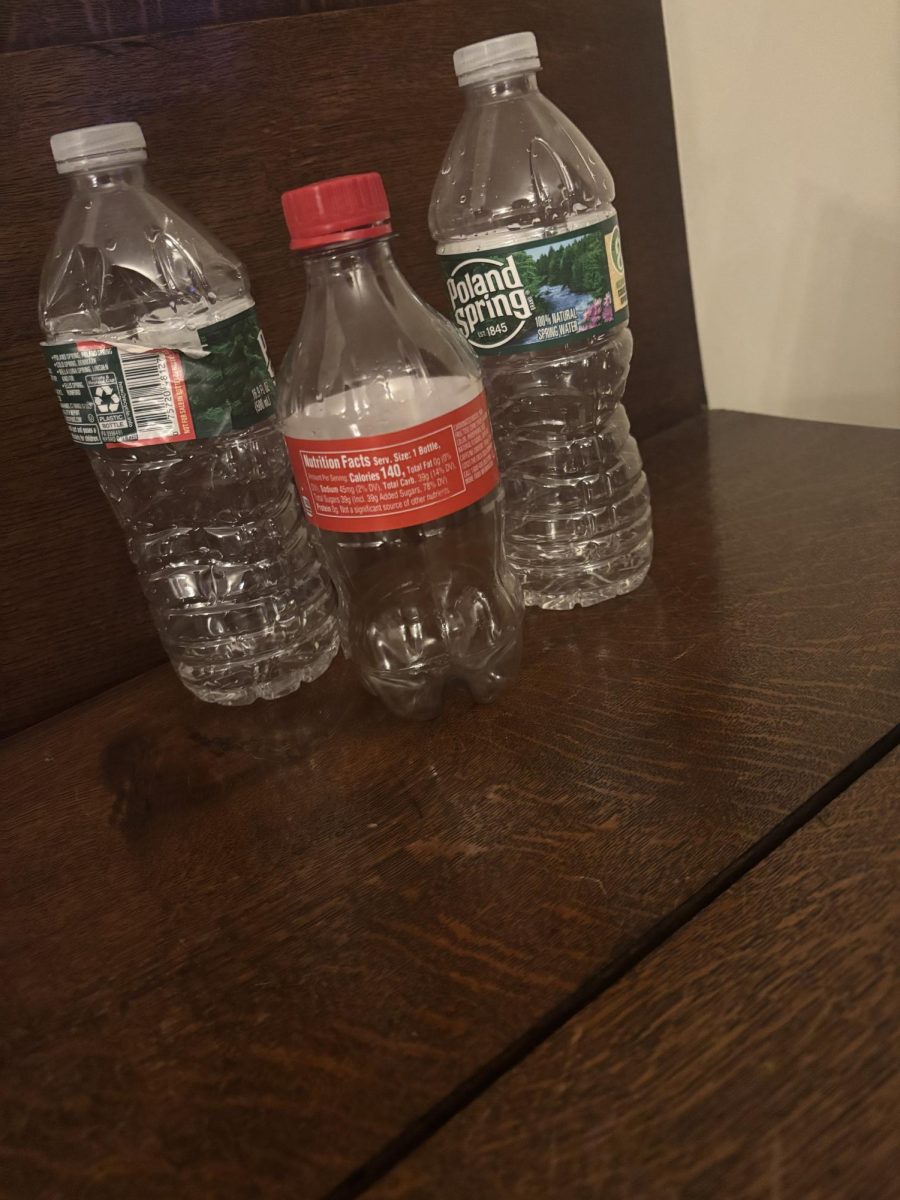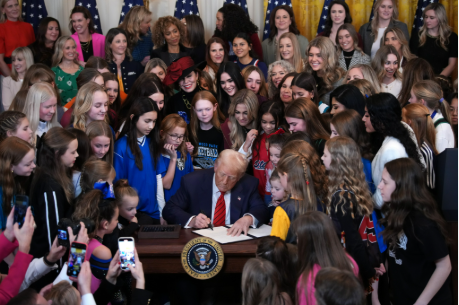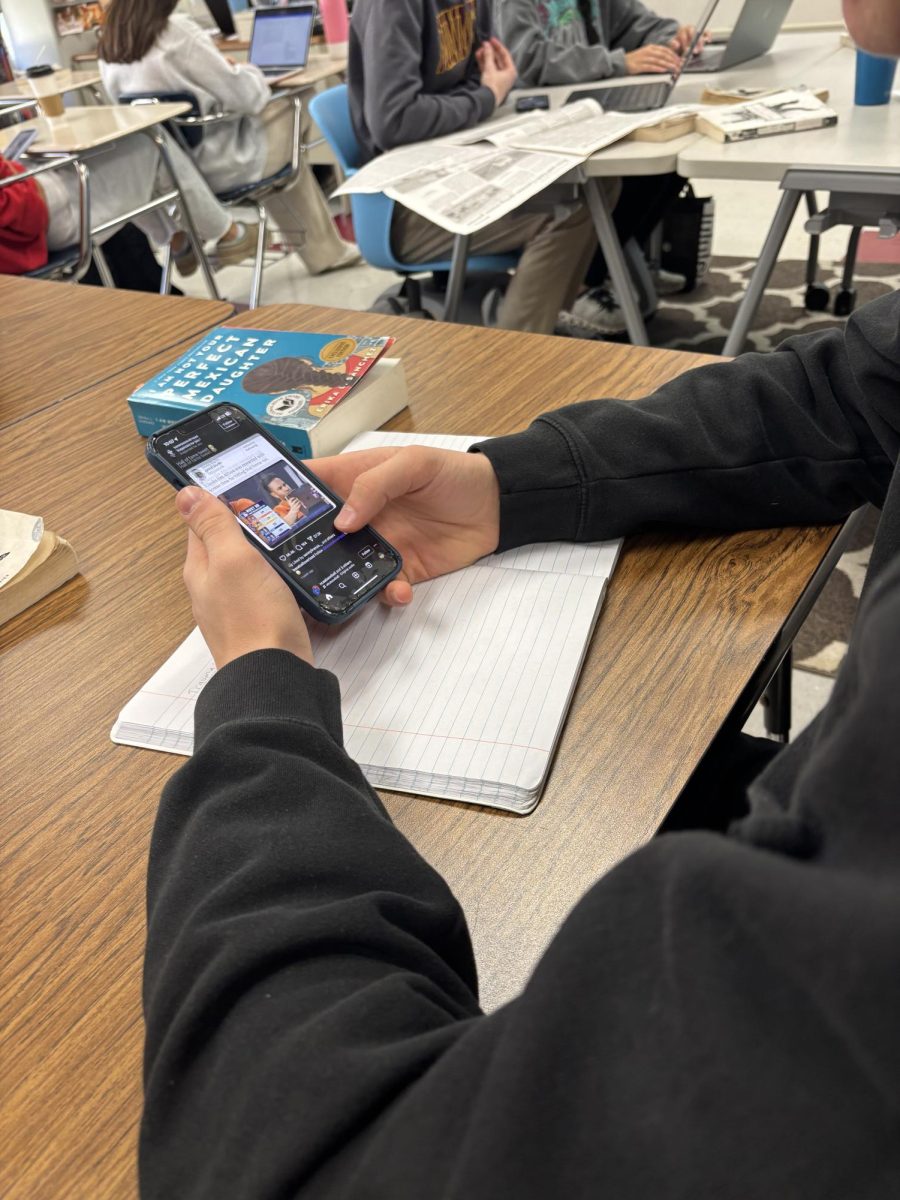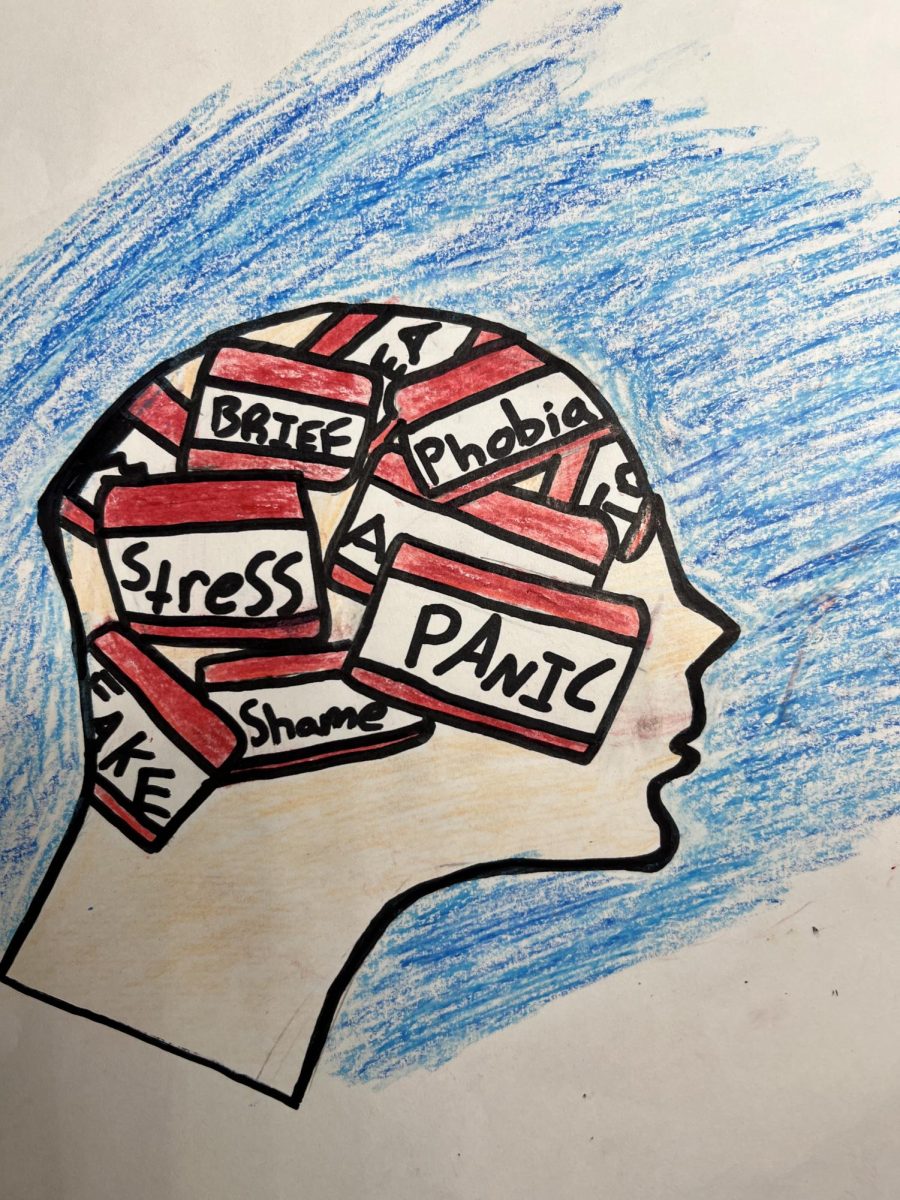The Covid-19 pandemic has spread through every corner of the world, and almost every aspect of our lives, including education. Matt Barnum, a national reporter, published collected information about academic statistics in students: “The nonprofit testing organization NWEA predicted that students started this school year having lost roughly a third a year in reading and half a year in math. CREDO, an education research organization, recently projected that the average student lost 136 to 232 days of learning in math, depending on their state. McKinsey, the consulting firm, predict[ed] that by the fall of 2021, students will ha[d] lost three months to a year of learning, depending on the quality of their remote instruction.
In its most basic sense, the “learning loss” referring to knowledge gained or not from the standard high school curriculum, may stand true. In results from a survey, a vast majority of students have lost motivation in school and are easily disengaged and distracted while virtual, causing their academic performance to plummet. Another factor is the decreased school time since classes end at 12:15pm, as well as internet/technological difficulties, overall stress of the pandemic, less group activities, etc. 72.3% of students from Bernards High School responded with a “yes” when asked if they believed they have learned less this year. In a similar survey, 95.8% of teachers believe students have learned less this year than students they taught in previous years.
Perhaps, though, we are wrong in saying that there is a “learning loss.” Perhaps, we are focusing our attention in the wrong direction. To compensate and gauge the “learning loss,” educators are considering including more standardized tests. Yet these have become a linear trajectory of learning that administrators expect students to fulfill. In order to “measure” students and their learning, will we be teaching students their worth? If they perform below average due to consequences of the pandemic, will this dishearten students and wreck their future by degrading students’ confidence in school? With a pandemic still raging and forcing school to change, not just in the most outward sense, but has the pandemic forced learning itself to change? Should we relearn what learning is?
In an article by the Washington Post, they also challenge this notion about a “learning loss.” They say the pandemic and virtual learning has forced students to learn differently but in just as vital areas, such as “ learning how to reset the rhythms and structures of their days… learning different patterns and modes of communication. [Students] may be taking on different roles in their homes and learning how to complete new tasks, engage in new games and development or sustain new and different activities.” The Covid-19 pandemic may have induced a decrease in typical education, but this is not a typical school year. 2020-2021, distinguished by masks, social distancing, virtual school, and the pandemic, teaches us a myriad of lessons, albeit not the same lessons nor teaching us in the same ways. Perhaps our education is more about learning how to be resilient and handle that ubiquitous and inevitable change in life.



